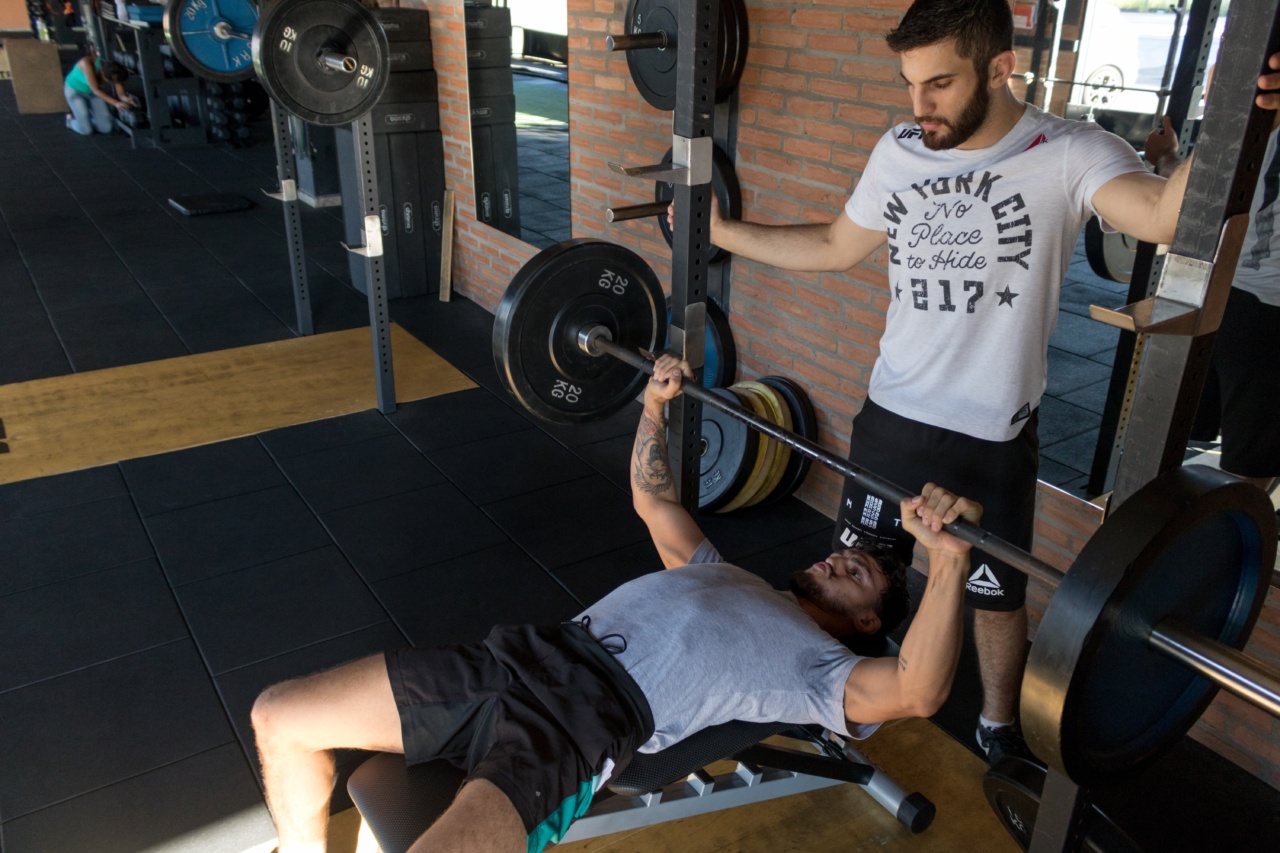Our lungs are vital organs that play a crucial role in keeping us alive. They facilitate the intake of oxygen and the removal of carbon dioxide, ensuring our cells receive the necessary oxygen for proper functioning.
While most of us take our lung health for granted, it is imperative to pay attention to their well-being and take steps to strengthen them. In this article, we will uncover the secrets to stronger lungs and explore various ways to enhance their function and resilience.
The Importance of Lung Health
Before we delve into techniques to strengthen our lungs, it is essential to understand why lung health is significant. Healthy lungs not only enable efficient breathing but also contribute to overall wellness.
Adequate lung function ensures optimal oxygenation of the blood, which plays a vital role in supplying nutrients to various tissues and organs. Strong lungs help improve athletic performance, enhance endurance, and increase stamina.
Moreover, healthy lungs can help prevent respiratory diseases and reduce the risk of chronic conditions such as asthma, bronchitis, and chronic obstructive pulmonary disease (COPD).
1. Quit Smoking
Smoking is one of the primary causes of lung damage and respiratory illnesses. The chemicals present in cigarettes harm the lungs and impair their functionality. The best step you can take to strengthen your lungs is to quit smoking.
It may be challenging at first, but the long-term benefits are invaluable. Seek support from friends, family, or professional cessation programs to help you succeed.
2. Regular Aerobic Exercise
Aerobic exercise is not only great for cardiovascular health but also plays a significant role in strengthening the lungs. Activities like brisk walking, jogging, swimming, or cycling can help enhance lung capacity and function.
Regular aerobic exercise improves lung efficiency, allowing them to deliver more oxygen to the body’s cells and remove waste more effectively.
3. Practice Deep Breathing Exercises
Deep breathing exercises can promote lung elasticity and capacity. Diaphragmatic breathing, also known as belly breathing, is an effective technique. Sit or lie down comfortably, place one hand on your abdomen and the other on your chest.
Inhale deeply through your nose, allowing your abdomen to rise as you fill your lungs with air. Exhale slowly through your mouth, ensuring your chest and abdomen fall as you release the air. Repeat this exercise for several minutes each day to improve lung function.
4. Stay Active and Avoid a Sedentary Lifestyle
Sedentary behavior can negatively impact lung health and lead to decreased lung capacity. Engaging in regular physical activity and avoiding prolonged periods of inactivity helps keep your lungs active and strengthens them.
If you have a desk job, take short breaks throughout the day to stand up, stretch, and walk around. Engage in activities that require you to move and exert physical effort regularly.
5. Improve Indoor Air Quality
Poor indoor air quality can harm your lungs and compromise respiratory health. Ensure that your living space is well-ventilated and free from pollutants. Avoid smoking indoors, and be mindful of using cleaning products with strong chemical odors.
Consider using air purifiers or incorporating air-purifying plants into your home to enhance the air quality and promote healthier lungs.
6. Maintain a Healthy Weight
Excess weight can put pressure on your lungs, making it harder for them to expand fully and function efficiently. Maintaining a healthy weight range can help prevent respiratory issues and improve lung health.
Adopting a balanced diet and engaging in regular exercise can assist in achieving and maintaining a healthy weight, reducing the strain on your lungs.
7. Stay Hydrated
Drinking an adequate amount of water each day is important for overall health, including lung health. Water helps thin mucus in the respiratory tract, making it easier to expel and reducing the risk of infections.
Being well-hydrated also enables optimal lung function and ensures that your body can efficiently transport oxygen to the cells.
8. Protect Your Lungs from Environmental Pollutants
Exposure to environmental pollutants such as air pollution, dust, and harmful chemicals can damage your lungs over time. Take measures to protect yourself from such pollutants by wearing masks or respirators in polluted areas.
Ensure your home is clean, dust-free, and well-ventilated. Consider utilizing air filters or purifiers to create a safe breathing environment.
9. Include Lung-Boosting Foods in Your Diet
Consuming a nutrient-rich diet is crucial for maintaining lung health. Certain foods can provide essential vitamins and antioxidants that support lung function and reduce the risk of respiratory conditions.
Include foods like leafy greens, broccoli, garlic, ginger, turmeric, berries, citrus fruits, and walnuts in your diet to keep your lungs strong and healthy.
10. Practice Good Posture
Maintaining good posture can also contribute to stronger lungs. Sitting or standing upright allows your lungs to fully expand and contract, optimizing their capacity to take in air.
Slouching compresses the lungs and restricts their ability to function efficiently. Be mindful of your posture throughout the day and make a conscious effort to sit and stand tall.
The Journey to Stronger Lungs
While the secrets to stronger lungs may seem simple, consistency and commitment are key. By implementing these practices into your daily life, you can gradually improve your lung function and overall respiratory health.
Remember that every small step you take towards stronger lungs is a vital investment in your well-being.






























